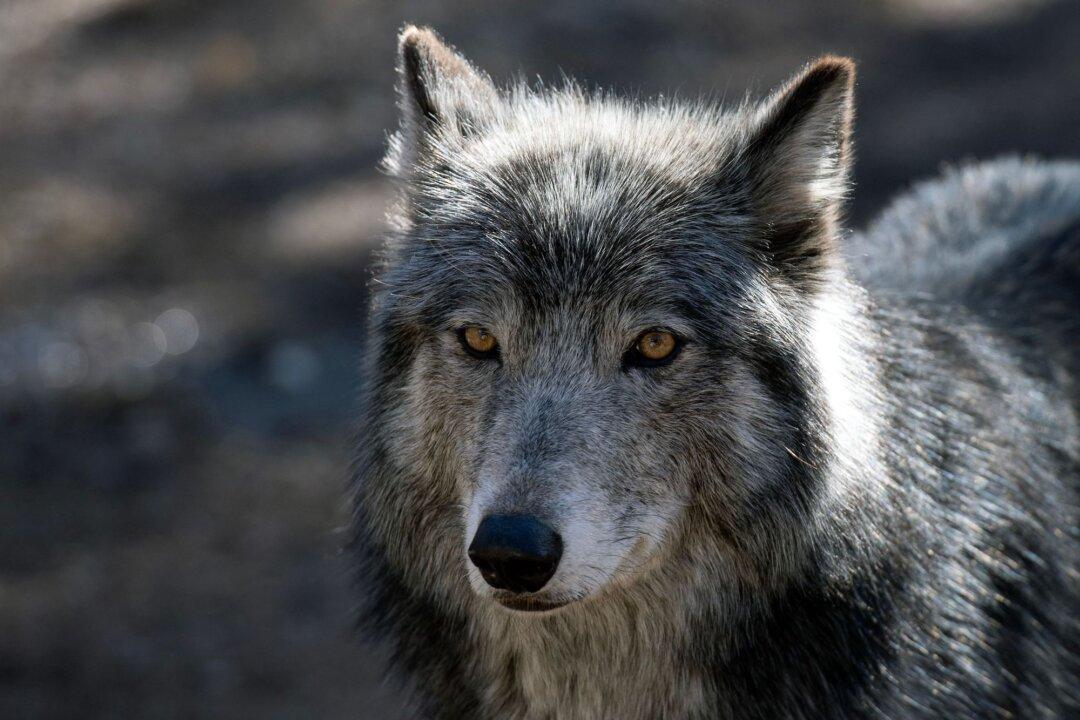A federal court on Friday denied a motion to block authorities from reintroducing gray wolves in Colorado after ranchers argued the consequences on livestock and rural communities hadn’t been adequately assessed.
U.S. District Judge Regina Rodriguez found that the concerns raised by the ranchers, who have lived and worked on the affected land for many years, were not sufficient to grant the extraordinary relief they sought.





